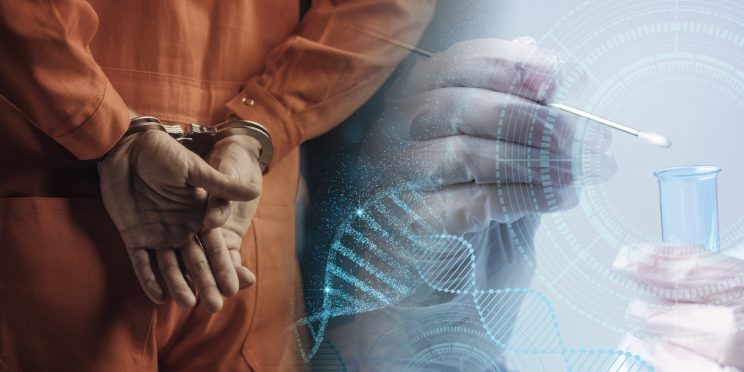Overview
Massively parallel sequencing (MPS) is an exciting technology that holds promise for enhancing the capabilities of the forensic DNA analyst. However, there are several challenges that confront implementation of an MPS system into the crime laboratory, which include: training and education on fundamentals of the chemistry, functionality and genetic marker systems, validation criteria and study design, policy and data procedure developments related to CODIS operations, and perceived admissibility and privacy issues. This four-part webinar series will address these and other areas of interest, providing foundational information on the two available MPS systems, covering platforms and chemistries, throughput, genetic markers, bioinformatics, validation requirements, applications, and potential admissibility issues.
In this second webinar, "The Genetic Marker Potential," the panelists discuss the different genetic markers which can be typed, including the future roles and benefits of these markers, as well as considerations for CODIS compatibility and expansion. In addition, the discussions cover the pros and cons of the different sized multiplexes, thereby identifying the potential benefits this promising technology can bring to forensic science.
A certificate of completion is available for all who register and attend this webinar.
Presenters
- Bruce Budowle
- Lilliana Moreno
- Niels Morling
- Tim McMahon
- Dieter Deforce
- Doug Storts
- Peter de Knijff
- Manfred Kayser
- Patricia Melton
Funding for this Forensic Technology Center of Excellence webinar has been provided by the National Institute of Justice, Office of Justice Programs, U.S. Department of Justice.
The opinions, findings, and conclusions or recommendations expressed in this webinar are those of the presenter(s) and do not necessarily reflect those of the U.S. Department of Justice.
Contact us at ForensicCOE@rti.org with any questions and subscribe to our newsletter for notifications.




